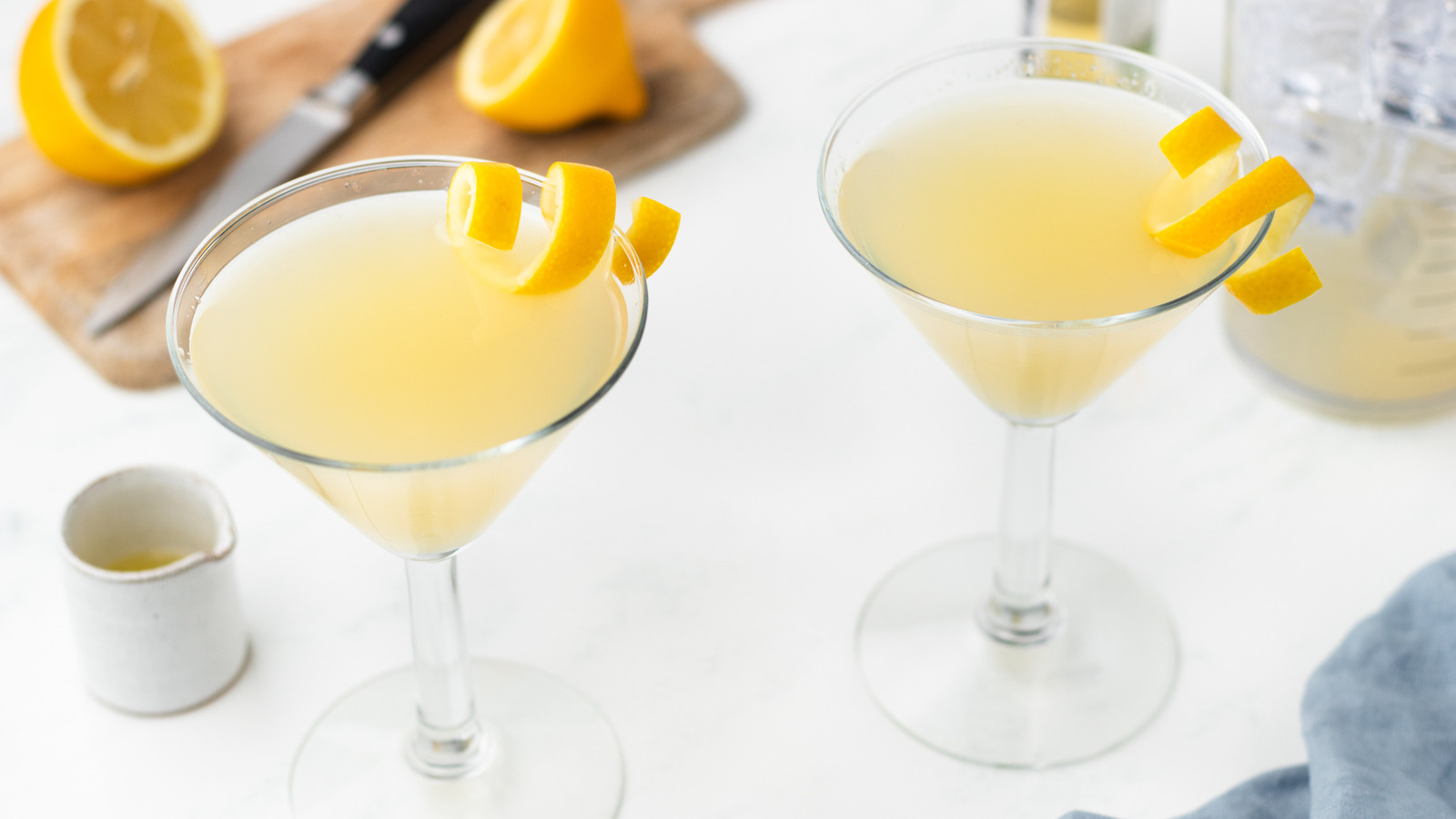
Can ‘Immune-Boosting’ Supplements Really Keep You From Getting Sick? – Health Digest
Supplements that promised “immune-boosting” benefits flourished during COVID. In March 2020, the U.S. Food and Drug Administration sent letters to seven companies to keep them from promoting their teas, essential oils, tinctures, or colloidal silver products as preventions, treatments, or cures for COVID-19. A 2020 study in Allergy, Asthma & Clinical Immunology found many posts on Instagram that promoted the alleged immune-boosting foods, supplements, essential oils, and probiotics. Many of the most popular posts lacked scientific evidence but used biomedical jargon to lead people to believe the products could protect against infection and disease, among other things.
Even Tom Brady’s TB12 Protect capsules convey support for a supposedly healthy immune response, but the claims on the website are marked with an asterisk, and there isn’t any indication of what those asterisks mean. In fact, one testimonial says, “…I have not got Covid yet!” After so much concern about our immunity during the height of the pandemic, can these products really prevent illness or disease? It’s best to understand how the immune system works.
Your immune system is a complex network
 fizkes/Shutterstock
fizkes/Shutterstock
Your immune system responds when your body encounters something foreign or harmful and tries to destroy it, according to MedlinePlus. White blood cells, antibodies, and certain proteins are part of your immune system that work together to help your body fight infection and foreign substances. Your body also responds with inflammation as a response to some tissue damage. This is how your body isolates any harmful substances so it can heal the damaged tissues and cells.
The immune system consists of complex interactions that seek balance, shares Harvard Health Publishing. In other words, you have immune cells in your body, but you can’t “boost” them or make more of them through supplements. In fact, we produce more immune cells than we can use, and some die off before they’re used. Despite the ability to “boost” certain cells in the immune system, researchers are still unclear about which ones should be boosted. Some athletes have tried to add more cells to their bodies through blood doping, but that puts them at a risk for stroke. Therefore, boosting immunity unnaturally might not necessarily be a good thing.
How can I strengthen my immune system?
 eldar nurkovic/Shutterstock
eldar nurkovic/Shutterstock
Although your lifestyle can’t boost your immunity, exercising, avoiding smoking, staying current with your vaccines, washing your hands, and managing stress are some things you can do to keep your immune system in balance and functioning properly, according to Harvard Health Publishing. Our immune response weakens as we age, and that’s why we’re more susceptible to infections, particularly if we’re lacking certain vitamins and minerals from our diet. However, taking megadoses of specific vitamins or minerals isn’t likely to improve our immune system either, and it might be harmful, according to the Centers for Disease Control and Prevention.
Even though you can get the nutrition you need from a healthy diet, supplements can help in case your diet is less than healthy, according to the National Institutes of Health. In fact, more than half of us take some vitamin, mineral, or herbal supplement each day or occasionally, with the most popular being multivitamins. However, the Food and Drug Administration doesn’t regulate supplements, so there’s no way to know how much of a particular nutrient you’re getting in that bottle. Some outside companies quality test supplements to ensure their ingredients, but they don’t guarantee that these supplements do what’s promised on the label. Luckily, the NIH has a website that links to factsheets about many supplements and their purposes.


























![Keto Ozempic Gummies Reviews [Beware Exposed 2023] Watch Keto Ozempic ACV Gummies Side Effects? Keto Ozempic Gummies Reviews [Beware Exposed 2023] Watch Keto Ozempic ACV Gummies Side Effects?](https://i0.wp.com/images.mid-day.com/images/images/2023/jun/Keto-Gummies-1906_d.jpg?fit=300%2C300&ssl=1)






























